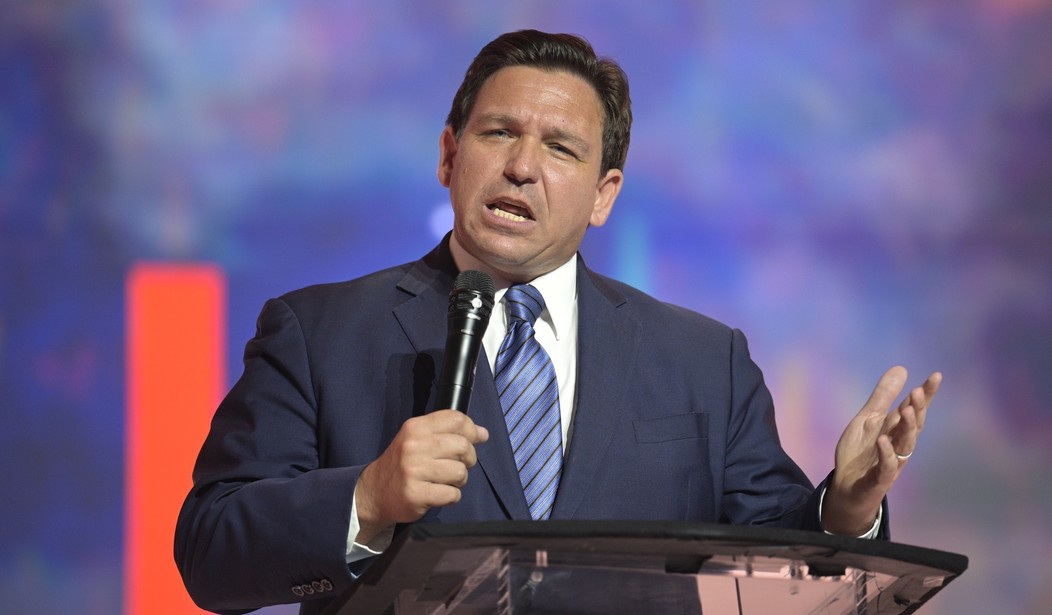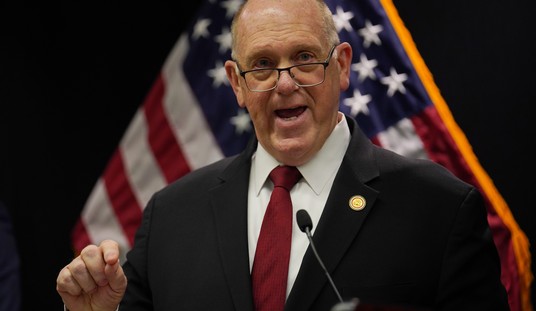Last week, we took a look at the 20 voter fraud arrests made in Florida by Governor Ron DeSantis’ new Office of Election Fraud and Integrity. All of the cases that were brought clearly involved people who were not eligible to vote, mostly due to previous felony convictions and/or a lack of meeting all of the requirements for having their rights restored. But at the time, I noted that there were some extenuating factors in nearly all of the cases that might make it difficult for the state to obtain a conviction. Now that some time has passed and all of the legal eagles have had the opportunity to comb through the details, it sounds as if those challenges may yet prove to be insurmountable for a number of reasons. At Slate, Mark Joseph Stern clearly sees this as an opportunity to do an end-zone dance and toss the situation back in DeSantis’ face, but some of the points he makes are still compelling from a legal perspective.
Florida Gov. Ron DeSantis made a spectacle out of the round of arrests made by his election police force earlier this month, jailing 20 people on charges of voter fraud and promising more prosecutions to come. At least one target was dragged to jail in his underwear by a SWAT team at 6 a.m. But it turns out that the individuals ensnared in DeSantis’ dragnet had no idea that they could not lawfully vote. The governor’s own appointees flubbed their legal duty to stop them from registering. And because of their sloppy errors, all 20 defendants may well be acquitted of crimes they did not intend to commit.
DeSantis’ misadventure traces back to Amendment 4, the ballot initiative that was supposed to restore voting rights to most people who had completed sentences for felony convictions. (Those convicted of murder and sex offenses were excluded.) Floridians overwhelmingly approved the constitutional amendment in 2018. Yet DeSantis and his fellow Republicans promptly sabotaged the amendment by enacting an unnavigable, incomprehensible system for individuals who wished to regain their right to vote.
If you can brush past all of the partisan haymakers that Stern throws at Florida’s Governor, there are some valid points and I alluded to them when the news first broke. It may always be true that “ignorance of the law is no excuse,” but that rule stands on shaky ground when election officials were equally ignorant. Each of the twenty ex-cons will have an attorney to fight through this process and those lawyers will almost certainly point out that their clients were told by county election officials that they were eligible to vote. The claim that all the officials did was process the forms and send them up the chain will likely not hold much water in that event.
Stern further notes that Florida election laws require the state to be responsible for flagging felony convictions and other disqualifying elements of a voter registration form. These people informed the county officials that they had convictions. It wasn’t the county officials’ responsibility to dig into that. The error should have been caught at the state level. But they didn’t and the felons received their voter registration cards just as the county officials predicted they would. The newly minted voters had no reason to suspect that they were not eligible.
Absent intent and with the cover of having election officials assure you that you were in the clear, a prosecution becomes more difficult. Having a registration card in hand compounds the matter further. I’m still not 100% confident that each and every one of these cases will be shot down, but I won’t be surprised if the vast majority of them are.








Join the conversation as a VIP Member